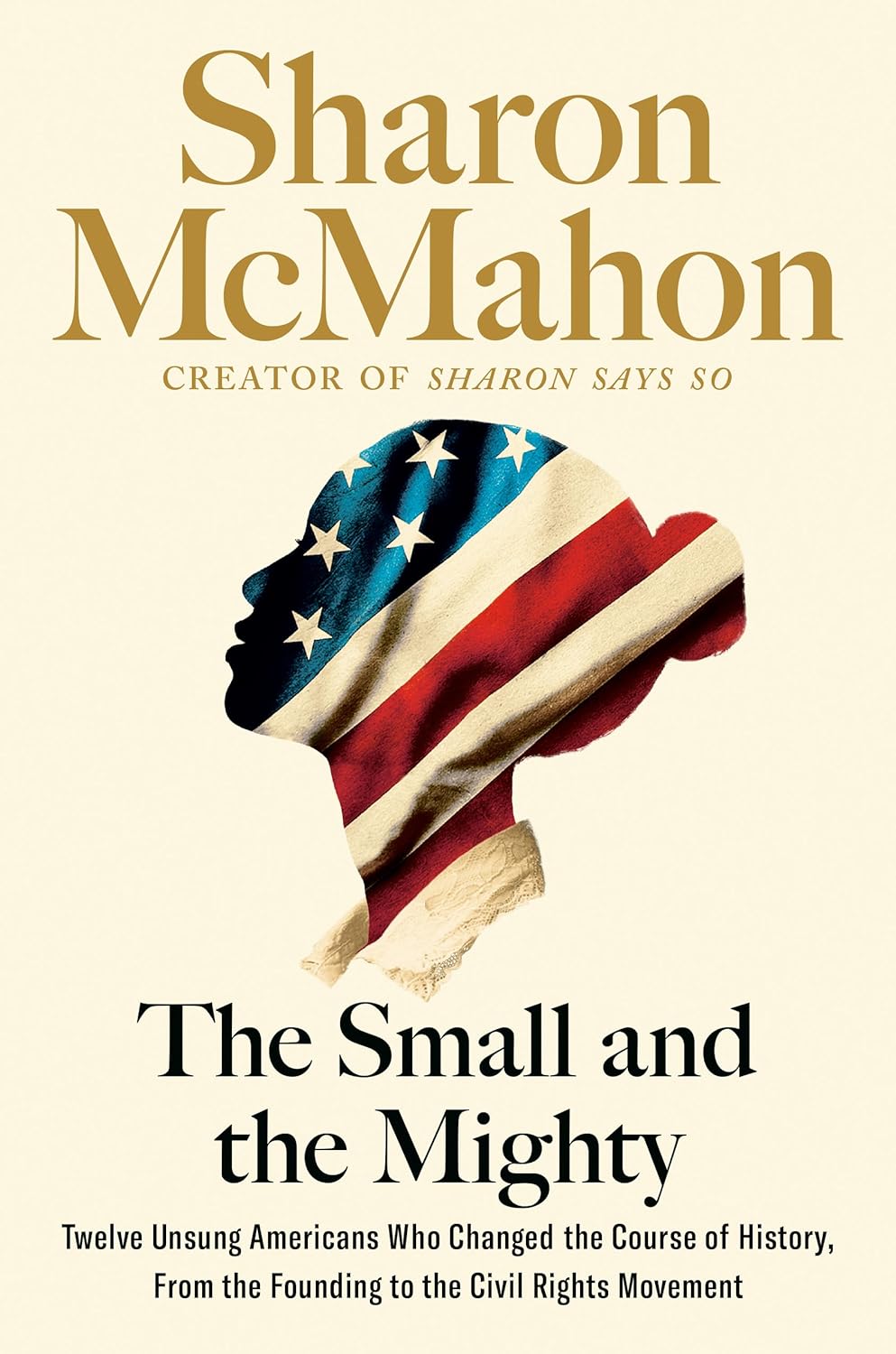Chapter 23: Septima Clark_Charleston, South Carolina, 1898
byChapter 23 focuses on the life and work of Septima Poinsette Clark, a remarkable educator and activist from Charleston, South Carolina, born in 1898. Her story is deeply tied to the struggle for Black empowerment during a time of intense racial and societal challenges. Septima’s father was formerly enslaved, and her mother, Victoria, worked as a laundress, fiercely refusing to let her children take domestic jobs that often left them vulnerable to exploitation. Despite these hardships, Septima aspired to improve her life and the lives of others, particularly by pursuing a career in teaching, which she saw as a pathway into the Black middle class. The name “Poinsette” came from her grandfather, Joel Poinsett, a significant figure known for overseeing the Indian Removal Act and introducing the poinsettia to the United States.
Growing up in Charleston in the early 20th century, Septima faced profound challenges as a Black woman aspiring to teach. At the time, Black teachers were excluded from teaching in public schools, forcing her to accept a position in a poor rural school with limited resources. The educational divide between Black and white children was glaring; schools for Black children received insufficient funding, resulting in overcrowded classrooms with as many as 100 students, making it nearly impossible for effective learning to take place. Even with these harsh conditions, Septima’s dedication to education never wavered, and she continued to teach in these underfunded facilities, believing that education could be a means of liberation for marginalized communities.
Septima’s first teaching experience occurred on Johns Island, where she encountered a community shaped by the unique Gullah culture, a legacy of slavery that persisted among rice farmers. It was there that she witnessed the severity of poverty, with mothers working in the fields while their children were left unattended. Despite the limited resources and low pay, she persisted in teaching, determined to uplift the children of the community and break the cycle of poverty. While her white counterparts had access to better resources and earned more, Septima remained committed to her students and the cause of education. She later became one of the first Black teachers in Charleston, a significant accomplishment made possible by the intervention of the NAACP.
Septima’s personal life was marked by tragedy and hardship, yet she never allowed it to deter her from her mission. The loss of her infant daughter and the revelation of her husband’s infidelity were painful experiences, but they also led to her becoming a single mother. Despite these personal challenges, she remained driven, relying on her faith and determination to improve educational opportunities for her son and the larger community. Through her commitment to education, she helped many individuals acquire essential skills that not only empowered them but also fought against the systemic disenfranchisement they faced due to their race.
Septima’s activism extended far beyond her work as a teacher. She developed culturally relevant educational materials that resonated with the Black community, and she led the charge against literacy tests that had been used to disenfranchise Black voters. Her efforts culminated in the creation of the Citizenship School, which provided literacy and civic education to Black communities. This initiative played a crucial role in increasing Black voter registration by 300% in areas served by the school, showcasing the transformative power of education in the civil rights movement. Her work in these schools laid the foundation for broader voter mobilization efforts that would later become crucial in the fight for civil rights.
Despite the challenges she faced, including harassment by the police due to her involvement in civil rights activism, Septima remained resolute. Her belief in the transformative power of education and her relentless pursuit of justice empowered countless individuals. Through her unwavering commitment, she demonstrated that even in the face of violence and oppression, hope for change was always present. Septima’s legacy serves as a powerful reminder of the importance of education as a tool for social change and personal empowerment, underscoring the profound impact that one individual’s resilience and dedication can have on an entire community. Her life continues to inspire generations of activists who understand the power of perseverance in the fight for justice.

